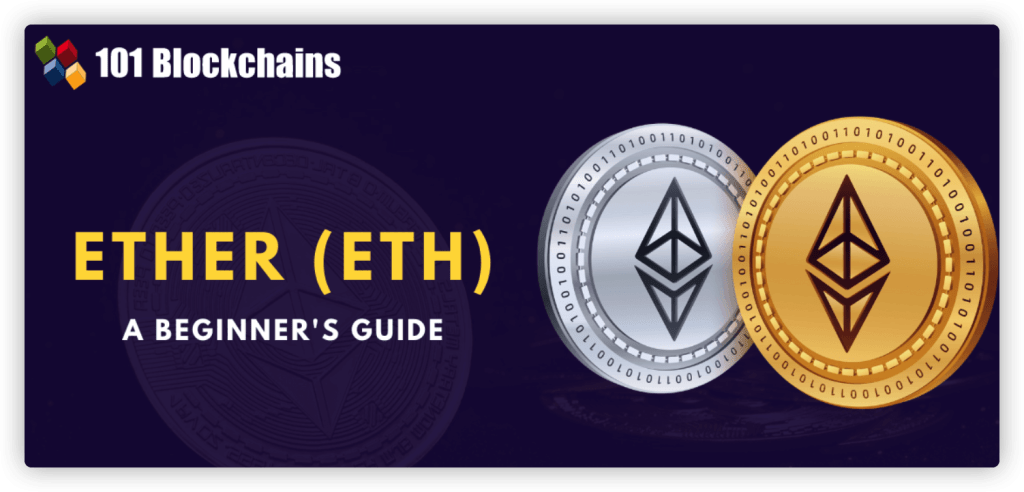
Ethereum is a decentralized, open-source blockchain platform that enables the creation of smart contracts and decentralized applications (DApps). It is the second-largest cryptocurrency by market capitalization and has gained popularity in recent years. In this article, we will provide a beginner’s guide to Ethereum and explore its key features and uses.
- What is Ethereum? Ethereum is a decentralized, open-source blockchain platform that enables the creation of smart contracts and decentralized applications (DApps). It was created in 2015 by Vitalik Buterin and has since become the second-largest cryptocurrency by market capitalization.
- How does Ethereum work? Ethereum uses a blockchain, which is a decentralized and distributed ledger that records all transactions. Transactions on the Ethereum blockchain are verified by miners, who use special software to solve complex mathematical problems. When a miner solves a problem, the transaction is added to the blockchain and the miner is rewarded with a certain amount of Ethereum.
- What are smart contracts? Smart contracts are self-executing contracts with the terms of the agreement between buyer and seller being directly written into lines of code. They are stored on the blockchain and are designed to facilitate, verify, and enforce the negotiation or performance of a contract.
- What are decentralized applications (DApps)? Decentralized applications (DApps) are applications that are built on top of a blockchain and are designed to be decentralized, meaning they are not controlled by a central authority. DApps can be used for a variety of purposes, including financial transactions, voting systems, and supply chain management.
- What is the Ethereum Virtual Machine (EVM)? The Ethereum Virtual Machine (EVM) is a runtime environment for smart contracts in Ethereum. It is designed to be decentralized and enable the creation of smart contracts and DApps.
Conclusion
Ethereum is a decentralized, open-source blockchain platform that enables the creation of smart contracts and decentralized applications (DApps). It uses a blockchain to record transactions and is verified by miners who are rewarded with a certain amount of Ethereum. Smart contracts and DApps are key features of Ethereum, and the Ethereum Virtual Machine (EVM) is a runtime environment for smart contracts. Ethereum has gained popularity in recent years and is the second-largest cryptocurrency by market capitalization.
